Social workers have been leaders in shaping social policy over the past century. Practicing among the people, they are positioned to know what social policies will be most effective.
January 26, 2023
12:00–1:30 PM (CT)
How can social workers continue to be effective in influencing social policy? In this event, researchers, social workers, and policy experts discussed social policy design and engagement, with an eye on training the next generation of human-service professionals in policy innovation.
Featured John Gal and Idit Weiss Gal
Authors of the new book
When Social Workers Impact Policy and Don’t Just Implement It:
A Framework for Understanding Policy Engagement
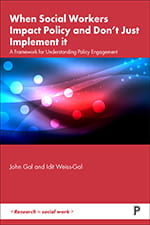
Featured Speakers
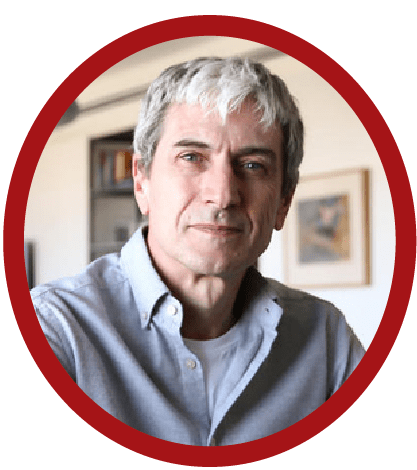
John Gal is full professor and former Dean at the Paul Baerwald School of Social Work and Social Welfare at the Hebrew University of Jerusalem. He also heads the welfare policy program at the Taub Center for Social Policy Studies in Israel. His fields of interest include social policy in Israel and in the Mediterranean region, with an emphasis on poverty and unemployment; policy engagement in social work; and the history of social work and social policy in Israel. Prof. Gal has published extensively in academic journals, has written or edited 17 books, and has been very much involved in social policy formulation in Israel. He has served on numerous state commissions, among them the Committee on Combatting Poverty, and received the Israeli Ministry of Welfare Award for an Outstanding Contribution to Social Work and the Welfare State. He currently chairs the academic advisory committee to the Minister of Welfare. His books include a Hebrew-language book on a policy practice in Israel, written jointly with Idit Weiss-Gal, which was published in 2012; Social Workers Affecting Social Policy: An International Perspective on Policy Practice (2013) and Where Academia and Policy Meet (2017), both edited with Idit Weiss-Gal; The Settlement House Movement Revisited: A Transnational History (2021), edited together with Stefan Kongeter and Sarah Vicary. His latest book, authored with Idit Weiss-Gal, is When Social Workers Impact Policy and Don’t Just Implement it (2022).
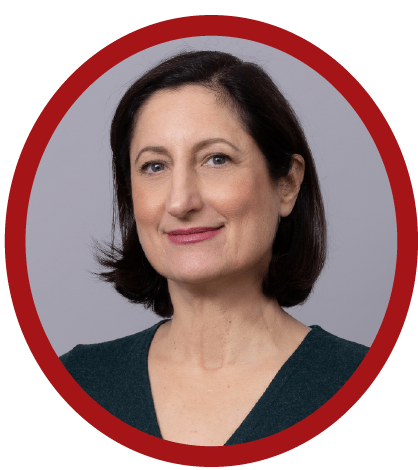
Idit Weiss-Gal is a Full Professor and former Head of the Bob Shapell School of Social Work at Tel Aviv University in Israel. Her fields of research and teaching include policy practice, critical perspectives in social work, and social work as a profession. She established and currently heads the human rights and policy track in the MSW program at her school. She has published numerous articles in social work academic publications. Her Hebrew-language book, Policy Practice in Social Work, written with John Gal, was published in 2012, and she recently authored with John Gal the book When Social Workers Impact Policy and Don’t Just Implement it (2022). In addition, she has edited four cross-national comparative studies: Where Academia and Policy Meet (with John Gal, 2017); Social Workers Affecting Social Policy: An International Perspective (with John Gal, 2013); Social Work as a Profession: A Cross-National Perspective (with Penelope Wellbourne, 2007); and Professional Ideologies and Preferences in Social Work: A Global Study (with John Gal and John Dixon, 2003).
Panelists
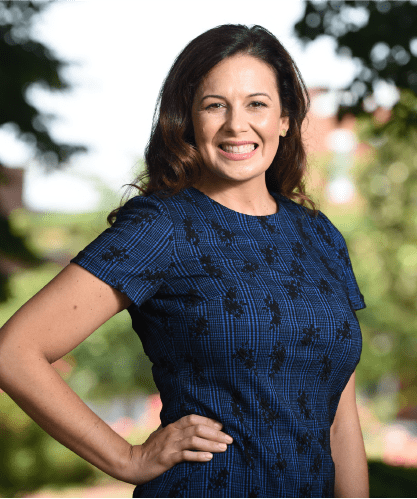
Sarah Christa Butts, MSW, is Director of Public Policy at the National Association of Social Workers (NASW), headquarters office in Washington, DC. Prior to joining NASW, she served as the executive director of the Grand Challenges for Social Work, and she is the founding administrator of the American Academy of Social Work and Social Welfare. Sarah started her career in public child welfare and has held direct service and administrative roles at Maryland’s Department of Human Services and the Family League of Baltimore. She is a graduate of the Title IVE-E education for public child welfare program. She is co-chair of NASW’s Licensure Task Force, a member of the board of directors of the Congressional Research Institute for Social Work and Policy and the Mental Health Liaison Group. She is a member of the leadership board of the Grand Challenges for Social Work and a member of the national steering committee and advisor to the International Transformational Resilience Coalition. She earned her BSW degree at University of Maryland, Baltimore County and MSW degree from University of Maryland, Baltimore.
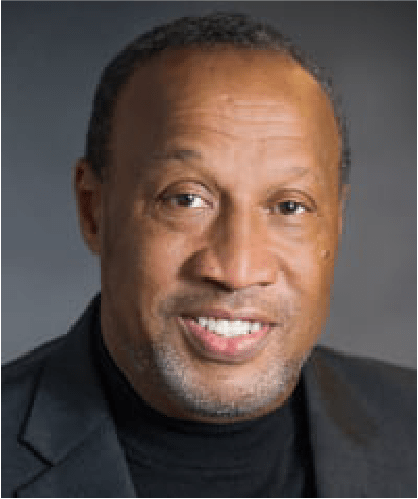
Charles E. Lewis Jr., PhD, a political social worker, is the Founder and Director of the Congressional Research Institute for Social Work and Policy (CRISP), a nonprofit organization that works to engage social workers with the U.S. Congress. He is Adjunct Professor at Columbia University School of Social Work and a member of the Leadership Board of Grand Challenges for Social Work. Dr. Lewis has served as Deputy Chief of Staff and Communications Director for former Congressman Ed Towns and as a member of the faculty of Howard University School of Social Work. He earned his MSW degree in clinical counseling from Clark Atlanta University and PhD in policy, planning and policy analysis from Columbia University.
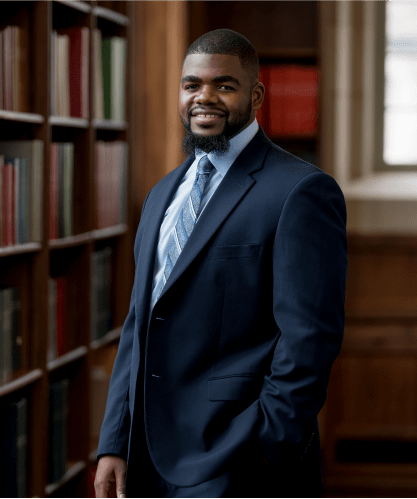
Husain Lateef, PhD, Assistant Professor in the Brown School at Washington University in St. Louis, centers culturally responsive research to inform social-work practice, prevention, and interventions with youth populations of African descent. Advancing both theoretical inferences for working with Black youth and rigorous science, his scholarship explores the relationship between Afrocentric constructs and transitional success of Black youth from adolescence into established adulthood. His research and experience working with serious juvenile offenders intersect in scholarship to inform reentry for this population. Before joining the Brown School, he served as the social work supervisor for the Arizona Justice Project’s Reentry Team, one of Arizona’s first reentry programs assisting juveniles serving life-without-parole sentences before the Supreme Court found many of those sentences unconstitutional.
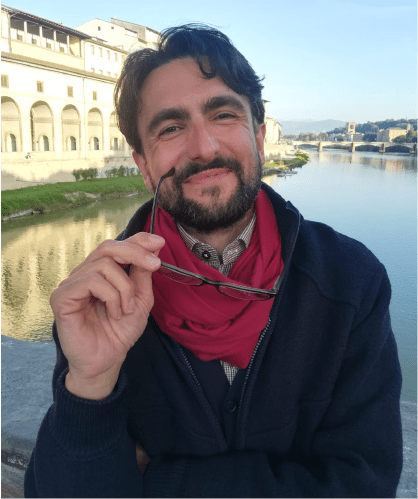
Riccardo Guidi, PhD, is Associate Professor in Sociology at the Department of Political Science at the University of Pisa, where he teaches Sociology and Social Work. Prof. Guidi’s research interests include Social Participation (Voluntary Action; Sustainable Community Movement Organizations) and Welfare and Social Work (Austerity, Social Work & Policy Practice in Europe; Non-profit/Public Partnerships). He is Co-Founder and Co-Convenor (with Idit Weiss-Gal, Tel Aviv University, and John Gal, Hebrew University of Jerusalem) of the Special Interest Group “Research in Policy Engagement and Social Work” within the European Social Work Research Association. From 2009 to 2014, he served as Scientific Director and Senior Researcher at the Volunteering and Participation Foundation (Italy). Dr. Guidi is widely published, and he holds a PhD in Sociology from the University of Pisa.
Moderator
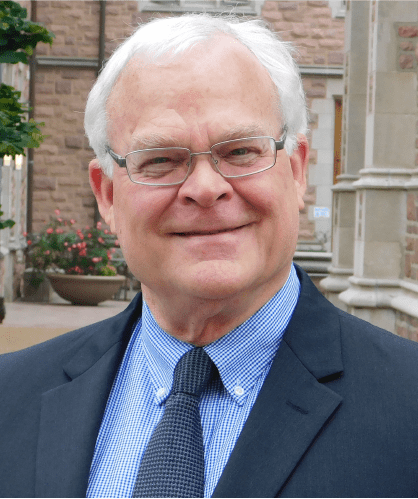
Michael Sherraden, PhD, is the Founding Director of the Center for Social Development and the George Warren Brown Distinguished University Professor at Washington University. Working with CSD colleagues and many partners, he creates and tests innovations to improve social and economic well-being. He has defined and informed a growing body of applied research and policy to promote inclusion in asset building. This work has influenced asset-based policies and programs in the U.S. and many other countries. His research results have also informed inclusive and progressive Child Development Accounts in St. Louis, other U.S. cities and states, and other nations. His research on the Civilian Conservation Corps of the 1930s contributed to the creation of AmeriCorps, and he was in attendance for the signing of the bill at the White House. Sherraden serves on the Leadership Board of the national initiative Grand Challenges for Social Work, having previously served as a member of the initiative’s Executive Committee. Among other awards, he has been a Fulbright Scholar and listed by TIME magazine as one of the 100 most influential people in the world.
Sponsors
Social Work in Social Policy: Engagement Strategies for Today and the Next Generation is sponsored by the Center for Social Development, Policy Press, the Council on Social Work Education, the Grand Challenges for Social Work, the Congressional Research Institute for Social Work and Policy, Influencing Social Policy, the National Association of Social Workers, the European Social Work Research Association, the International Consortium for Social Development, and the Special Commission to Advance Macro Practice in Social Work.

Policy Press
Policy Press publishes work that seeks to understand social problems, promote social change and inform policy and practice. Our core aim is to improve the day-to-day lives of people who need it most. Read more about Policy Press, imprint of Bristol University Press.
The Council on Social Work Education
Founded in 1952, the Council on Social Work Education (CSWE) is the national association representing social work education in the United States. Its members include over 800 accredited baccalaureate and master’s degree social work programs, as well as individual social work educators, practitioners, and agencies dedicated to advancing quality social work education. Through its many initiatives, activities, and centers, CSWE supports quality social work education and provides opportunities for leadership and professional development, so that social workers play a central role in achieving the profession’s goals of social and economic justice.
Grand Challenges for Social Work
Grand Challenges for Social Work, the flagship program of the American Academy of Social Work & Social Welfare (AASWSW), is a groundbreaking initiative to champion social progress powered by science. It’s a call to action for social work researchers and practitioners to harness social work’s science and knowledge base; collaborate with individuals, community-based organizations, and professionals from all fields and disciplines; and work together to tackle some of our most challenging social problems.
The Congressional Research Institute for Social Work and Policy
The Congressional Research Institute for Social Work and Policy (CRISP) is an independent, nonpartisan 501(c)4 organization established in 2012 to complement the mission of the Congressional Social Work Caucus and to raise social workers’ knowledge of the federal legislative process. Founded by Dr. Charles E. Lewis Jr. with the assistance of Congressman Edolphus “Ed” Towns, the Institute hosts the annual Social Work Day on the Hill and Student Advocacy Day events, as well as Congressional and White House briefings, lectures, and other events. Visit crispinc.org for more information.
Influencing Social Policy
Influencing Social Policy (ISP) is a nonprofit organization for social work educators, students, and practitioners with a passion for policy. We aim to facilitate the excellence of Social Policy within the profession and field of Social Work.
The National Association of Social Workers
Founded in 1955, the National Association of Social Workers (NASW) is the largest membership organization of professional social workers in the world. NASW works to enhance the professional growth and development of its members, to create and maintain professional standards, and to advance sound social policies.
The European Social Work Research Association
The European Social Work Research Association (ESWRA) was founded in 2014 to create a hub for social work research development, collaboration, and exchange across Europe. ESWRA’s vision is to take forward the development, practice, and utilization of social work research to enhance knowledge about individual and social problems, and to promote just and equitable societies.
ESWRA’s goals are:
• To promote the benefits of social work research
• To foster high standard of research
• To enhance research capacity and learning opportunities
• To provide an environment for the application of research methods for social work
• To build and work with networks and collaboration
The International Consortium for Social Development
The International Consortium for Social Development (ICSD) is a non-profit international association of institutions, interdisciplinary scholars, practitioners, and students that builds and spreads knowledge of social development to eradicate poverty, improve standards of living and promote human equality and ecological sustainability. It was started in the 1970’s by a group of social work educators to respond to pressing human concerns from an international, interdisciplinary perspective. ICSD promotes international collaboration, education, research, and the dissemination of knowledge by asking key questions, specifying theory, conducting research, using evidence to improve policy and practice, teaching, holding professional meetings, organizing international conferences, and publishing the international journal, Social Development Issues. It is committed to creating peaceful solutions to the problems and needs at the local, national and global levels. ICSD members use a social development approach to
• Develop capacity of individuals and communities
• Promote world peace and social, economic and environmental justice
• Improve access to adequate health care and education
• Overcome discrimination against women and minorities
• Create sustainable income and economic structures
Join the ICSD for its 23rd Biennial Conference, Social Development in Times of Crisis: Challenges and Responses, August 23–25, 2023.
The Special Commission to Advance Macro Practice in Social Work
The Special Commission to Advance Macro Practice in Social Work is a collective of social work faculty, staff, and community-based professionals who seek to promote the visibility, vitality, and viability of macro practice in the social work profession through education, research, and practice. The Special Commission seeks to improve social workers’ abilities to influence and shape public policy; and to increase social workers’ presence as leaders in social services administration. Its goals include ensuring that the curricula of all BSW and generalist MSW programs include a more equitable balance of macro and micro content, and to increase the number of macro specializations (organization, community, policy) in MSW Programs.